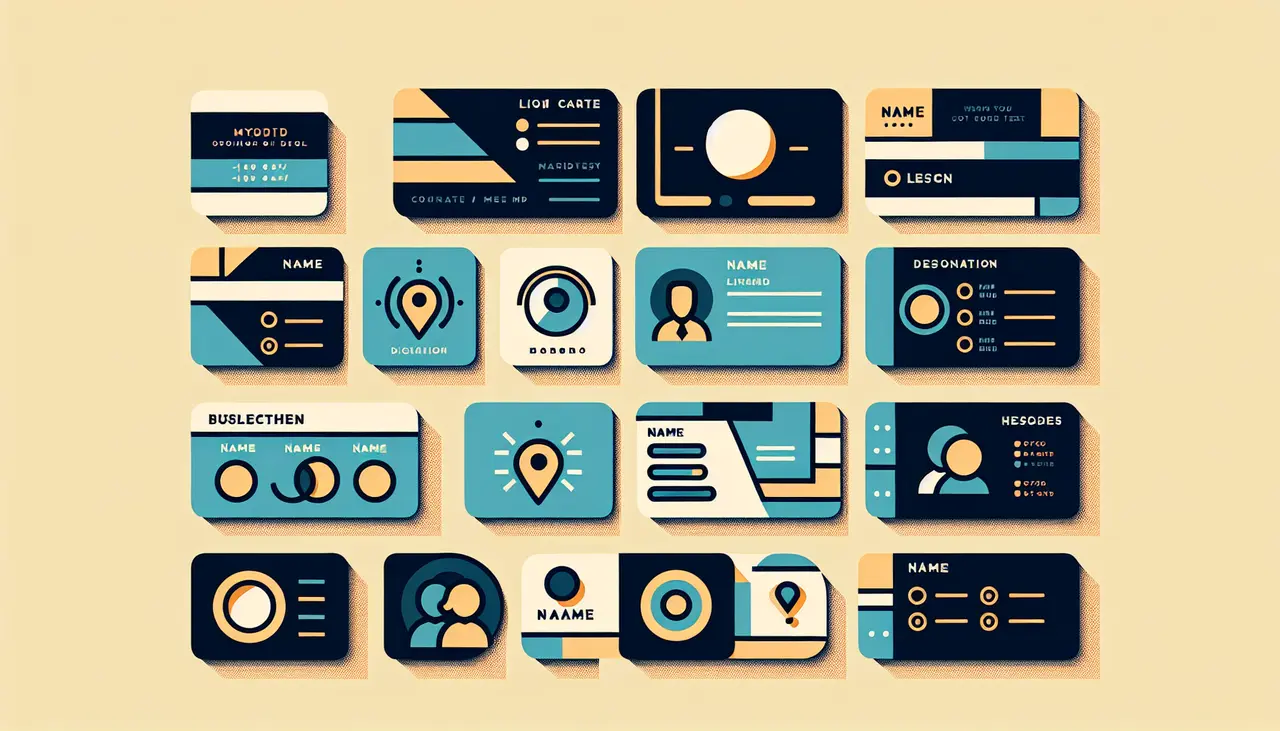Why Business Cards Still Matter in the Digital Age
Posted by Arrowhead Signs & Displays on Dec 4th 2024
In an era where technology dominates our lives and digital communication seems to be the norm, the humble business card still maintains its importance. While some may consider them outdated, business cards have adapted and thrived, offering unique advantages that technology can't replace. Let's explore why these small but powerful tools are still relevant today.

The History and Evolution of Business Cards
Business cards have been around for centuries, originating as calling cards in 15th-century China and evolving through the ages. These small pieces of card stock have gone from being a status symbol to a must-have for networking in the professional world. Even as technology advances, business cards have reshaped themselves to fit modern needs.
In the 17th century, business cards were used by European merchants as a form of advertisement. By the 19th century, they had become indispensable in American business practices, serving as a professional introduction in various industries. Today, business cards have further evolved, incorporating new technologies and designs to maintain their relevance.
Modern business cards now feature innovative designs with features like UV gloss coating on both sides, allowing them to stand out visually and tactilely. These adaptations show that business cards are more than just tools for sharing contact information; they are essential components of brand identity and person-to-person connections.
Furthermore, the business card ritual has maintained its place as an essential networking tool. Handing over a card is a signal of trust and openness. It's a tactile gesture that digital exchanges can’t replicate, reinforcing the significance of personal engagement in business relationships.
How Business Cards Foster Personal Connections
In an increasingly digital world, personal connections can sometimes feel fleeting. A business card offers a tangible way to foster a connection, adding a personal touch to introductions and meetings. Handing someone a business card not only shares contact information but also signifies the importance of the relationship.
Business cards play a pivotal role in initial interactions. They serve as an icebreaker in conversations and are a professional approach to establish mutual trust. This small card can open doors to opportunities, inviting follow-up dialogues that are not limited by the immediate interaction.
Accepted across cultures, the business card exchange carries a universal understanding of courtesy and respect. Business etiquette varies around the globe, but the business card consistently holds a place of regard in all professional circles.
These cards offer a memorable point of reference that can remind your contacts of the meeting long after it has ended. Unlike digital contacts, which can be lost amidst a myriad of data, business cards are tactile reminders of the relationship created.
The Practicality and Efficiency of Business Cards
Business cards offer unmatched practicality and efficiency. They provide essential information like contact details and company logos at a glance, making follow-up communication easier. In situations where digital information might not be accessible or appropriate, a business card is always ready to make an impression.
Consider the context of a busy business conference where networking opportunities abound. A quick exchange of business cards can facilitate a smooth and swift sharing of contact details and is often preferred over the more cumbersome process of entering data into a device right on the spot.
Business cards are especially beneficial for people who prefer face-to-face networking and those who may not use smartphones extensively. They are a bridge for connecting different generations and professional styles, ensuring no connection is lost due to differences in communication preferences.
With the availability of options like business cards printed in 1-2 business days, these cards ensure rapid replenishment and versatility. One can quickly update and reorder cards to suit evolving roles and branding changes, highlighting their efficient nature.
Business Cards as a Branding Opportunity
A well-designed business card can act as a miniature billboard, conveying brand identity through design, color, and texture. By integrating your brand's personality into your business card, you can leave a lasting impression that goes beyond standard digital interactions.
The design of a business card provides a creative avenue to highlight your company's ethos. Unique designs with rich textures and vibrant colors can capture attention and spark curiosity, inviting deeper engagement with your brand.
Beyond aesthetics, business cards often include logos that embody the core of what your brand represents. The logo speaks to the brand’s value proposition, reinforcing recognition and recall among current and potential clients.
Adapting Business Cards for the Digital Age
With innovations like QR codes and NFC chips, business cards have embraced the digital age while maintaining their traditional charm. These updates allow for seamless integration with technology, offering links to digital portfolios, websites, and social media profiles instantly, bridging the gap between offline and online worlds.
These digital enhancements promote interactivity and engagement, moving beyond static information sharing towards dynamic professional storytelling. For instance, scanning a QR code can instantly connect potential clients to a company's latest project or a professional's LinkedIn profile.
The marriage of digital elements with traditional formats presents an effective hybrid approach. For instance, professionals can blend personal interactions with digital connectivity through features like chat systems that offer real-time communication benefits.
As businesses continue to operate across increasingly virtual environments, having a physical business card that connects seamlessly with digital destinations ensures adaptability in the evolving professional landscape.
The Timeless Value of Business Cards
Despite the rise of digital alternatives, business cards continue to hold their place in the professional world. They provide a tangible way to connect, create lasting impressions, and bridge the gap between online and offline communications. As you consider the future of your professional interactions, don't overlook the enduring value of the business card.


